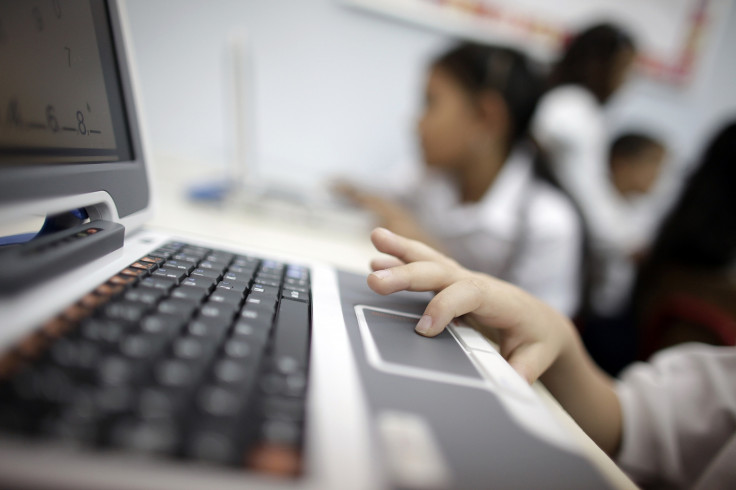Students react to new AI learning tools amidst the UK's largest drop in A-level grades
Multiple students are reacting to Magic Notes, calling the AI learning tool a "game changer", with one of the users admitting that "this is true, it works so well".

Students have reacted to the release of new AI learning tools intended to help them get good A-level results. AI tools for students are the latest development in a growing trend that places artificial intelligence at the heart of formal education.
Quizlet is a global learning platform that has over 60 million users each month.
Recently it announced new features that use AI learning tools. 'Magic Notes' allows students to automatically upload class material to the platform and turn them into flashcards, practice tests and other study aids.
The company has also made use of Chat-GPT-powered technology to offer all users a personalised tutor. This can be used by students to receive in-detail responses to any question about the learning material.
The AI for education technology can also summarise any written digital content, meaning students do not have to read the material they are studying.
After the launch of the new features, students took to social media to express their opinions. On a widely watched TikTok video on Quizlet's page, there was an overwhelmingly positive response to the Magic Notes tool.
@quizlet 🎶 miracles happen with Quizlet’s new #generativeai tool 🪄MAGIC NOTES✨ #fyp #aitools #ai #quizlet
♬ Princess Diaries transformation scene - dariellerios
One of the positive responses asked: "Where has this been the past four years?" While another optimistic user said: "Will be using this to get ready for mocks." These comments appear to reflect the desire to use the feature to get good GCSE and A-level results.
Multiple users referred to Magic Notes as a "game changer", with one of the users admitting that "this is true, it works so well", in response to the video's tagline "miracles do happen with magic notes".
Prime Minister Rishi Sunak has previously spoken positively about the role AI tools for students can play in future learning. He said the technology can be used to provide "personalised learning" to children at school, adding it had the potential to "reduce teachers' workloads".
Opposition leader Kier Starmer has also outlined the importance of AI in reducing barriers to access as he prepares to mount a challenge for next year's general election.
Concerns about AI learning tools
However, there are concerns about how AI will affect the education sector. A recent student by UNESCO warned that generative AI has the potential to undermine teachers and strengthen calls for the automation of education.
It emphasized that well-run schools, coupled with sufficient teacher numbers, training and salaries must be prioritized.
When it comes to students, there are concerns that AI learning tools could be used to shortcut the education process and cheat on tests and papers. Last Month USA's Stanford University carried out a questionnaire that showed a significant minority of students used Chat-GPT to complete multiple-choice tests, with some using the technology to submit unedited written content.
However, commentators have stressed it is a minority of pupils using the technology this way, with most utilizing the tools constructively.
"It's not the lazy students gravitating towards AI," said Maureen Lamb, Dean of Academic Technology and Innovative Pedagogy, at The Ethel Walker School. "Most students using AI are deeply invested in their learning experience."
A new UK government call for evidence on AI in education is set to end next week. Education secretary Gillian Keegan said she wants to know how generative AI is being used across education in England, and the opportunities and risks it presents.
"This will help us make the right decisions to get the best out of generative AI in a safe and secure way," she said.
In other news, the growing interest of school leavers in AI has been demonstrated by the record number applying for computer courses after their A-level results.
The UK recently experienced the lowest drop in A-level results since the government's persistence in returning to pre-pandemic examinations.
The 2023 results saw 26.5 per cent of grades in England were A* or A. And for the first time in the history of A-level grades in England, 10 per cent of results were an E or U.
© Copyright IBTimes 2025. All rights reserved.





















